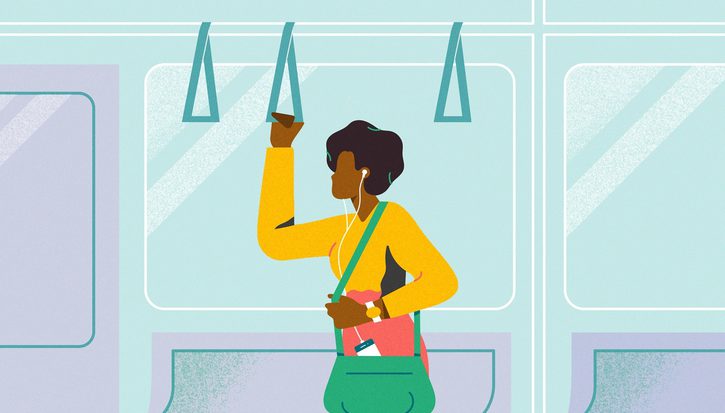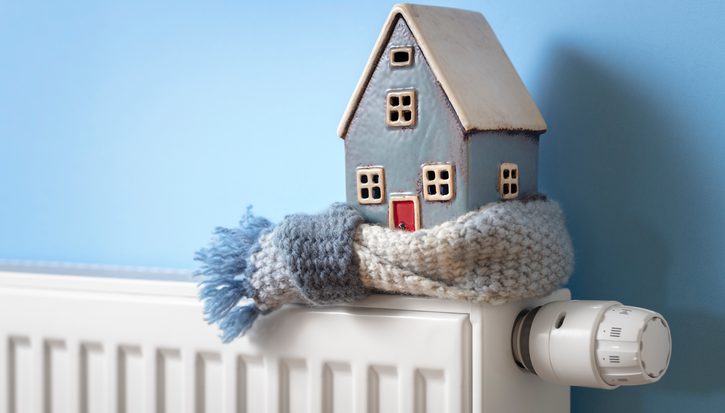
Wheels of change: Promoting fair and green transport in rural Scotland
Article
Transport in rural Scotland is not working for the people living there, particularly those on low incomes.
Despite various strategies, road maps and reports, people living in rural Scotland do not feel their transport needs have been considered. At best, many feel the system has not got worse. But for others, declining bus provision and the cost of living crisis has had a significant negative impact on their experience of getting around.
Good quality transport systems mean that people have access to employment, education and other public services. It plays a key role in preventing isolation and loneliness and is important for local economic activity. However, the Scottish government is off track to meet its net zero commitments. Car use in Scotland has continued to grow, while bus provision and patronage have fallen.
The work presented in this report draws on in-depth interviews and a workshop with members of the public living in rural Scotland on low incomes to understand what their experience of the transport system is like. Through this process, we identified a series of themes and developed a set of principles to guide transport policymaking in Scotland.
Using this framework, we put forward three recommendations to fairly address rural transport emissions and reduce car kilometres.
Related items

Moving together: A people-focussed pathway to fairer and greener transport
All decarbonisation pathways must be designed with people, and the principles of a just and fair transition, as their starting point.
Who gets a good deal? Revealing public attitudes to transport in Great Britain
Transport isn’t working. That’s the message from the British public. This is especially true if you’re on a low income, disabled or living in the countryside. The cost of living crisis has exposed the shortcomings of our transport system,…
No home left behind: Funding a just transition to clean heat in Scotland
How can we ensure that investment in clean heating in Scottish homes drives a just transition, sharing costs and benefits fairly?